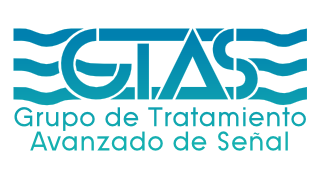Paper accepted in IEEE Transactions on Green Communications and Networking

The paper "Improper Signaling for Multicell MIMO RIS-assisted Broadcast Channels with I/Q Imbalance", co-authored by M. Soleymani, I. Santamaria, and P. J. Schreier, has been accepted in the IEEE Transactions on Green Communications and Networking.
Abstract: This paper studies the performance of improper Gaussian signaling (IGS) in a multicell broadcast multiple-input, multiple-output (MIMO) reconfigurable-intelligent-surface (RIS)-assisted channel. The transceivers are non-ideal devices with I/Q imbalance, which further motivates the use of IGS. We propose IGS schemes to improve the spectral and energy efficiency (EE) of the system by solving different optimization problems such as minimum-weighted-rate, weighted-sum-rate, minimum-weighted-EE and global-EE maximization. Two different RIS implementations are considered: in the first one, the phase and amplitude of the RIS components can be optimized independently, which provides an upper bound for RIS performance. In the second implementation, the amplitude of each RIS component is fixed, and only its phase can be optimized, which is referred to as reflecting surfaces. We show that RIS can significantly increase the spectral and energy efficiency of the system, while the reflecting surfaces perform very close to the upper-bound performance of RISs. Moreover, distributed RIS implementations that use spatially separated RIS with fewer components, can outperform centralized implementations consisting of a single RIS with co-located reflecting elements. Additionally, our results indicate that IGS can provide considerable gains from both spectral and energy-efficiency perspectives, and the benefits of IGS can be even higher in RIS-assisted systems.

